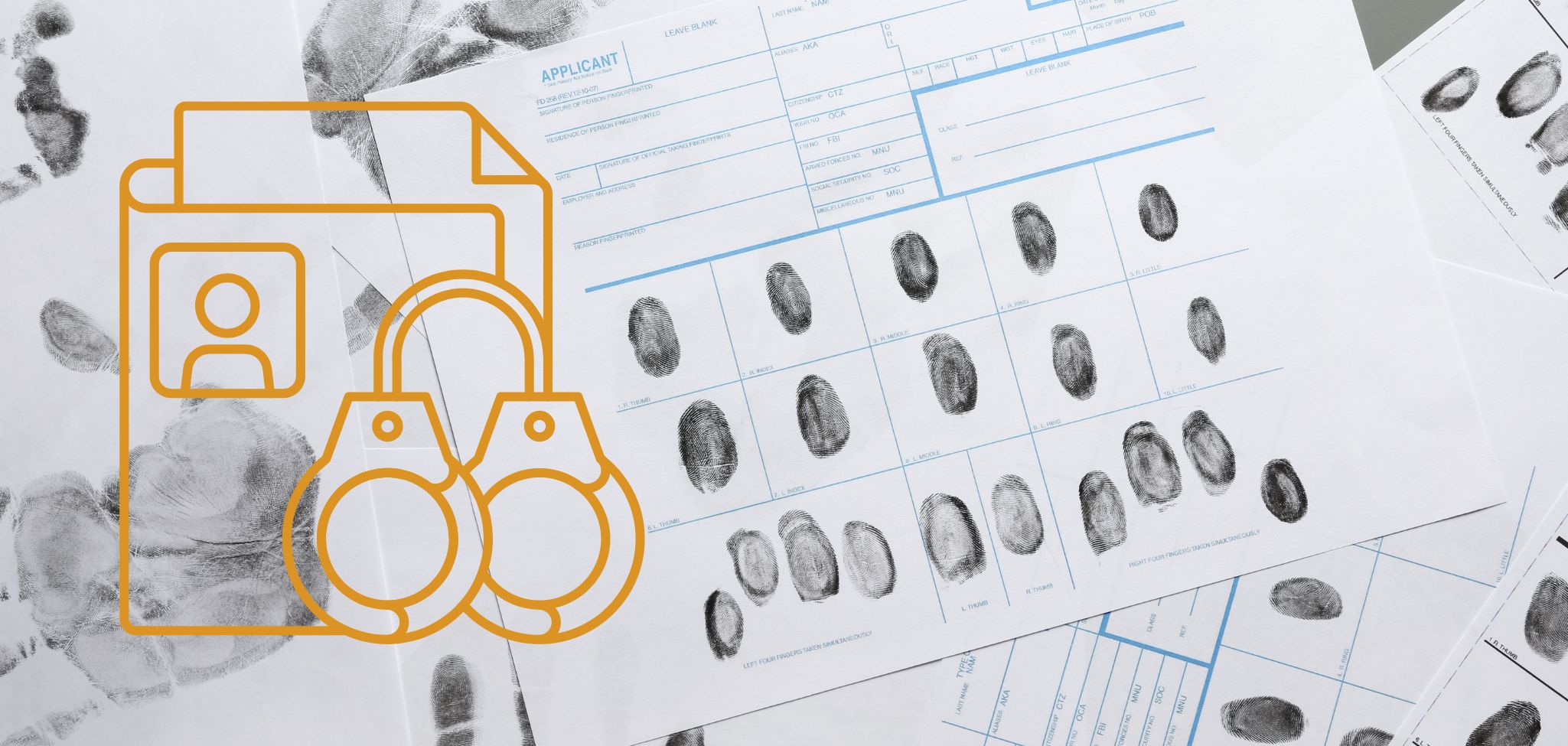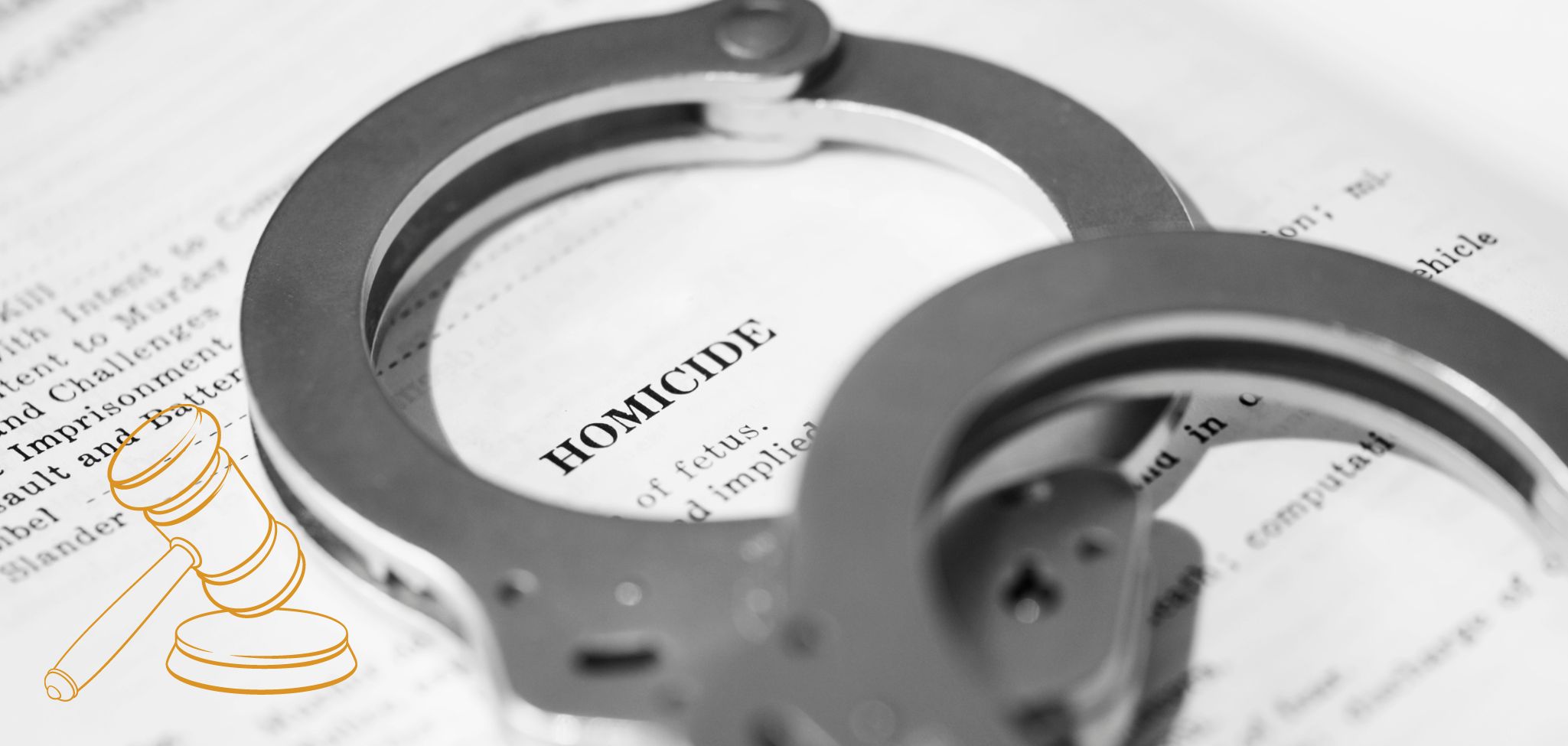The parole system is an integral aspect of the criminal justice system. Parole is a lifeline provided to defendants whereby they can be released from prison based on good behaviour. It is also a protective measure for the community because parole is subject to certain conditions which protect the community from further harm.
You will need to seek permission from the parole board to be eligible for early release and the parole process is not one which should be navigated alone. Any breach of conditions can see parole revoked.
Parole and its conditions can be individualized to each person’s specific situation and it is important to understand the implications of such conditions. Legal advice is critical and it should be taken early to avoid confusion or doubt. Jameson Law have a team of expert criminal lawyers ready and willing to assist you with all your legal matters.
What Is The Purpose of A Parole Period?
A parole period can be likened to parole supervision as it acts as a supervised re-integration within the community. It is a gradual return to normal lawful community life which protects community safety through supervised release. Parole conditions are lessened over time, whether that be throughout the parole period or following the completion of the parole period.
The conditions of parole or the parole obligations are a safety net to protect against re-offending behaviour but also to provide a review so that poor behaviour does not go unnoticed. It would not be in a community safety directorate for offenders to be released from prison and then disappear within the community with no oversight.
What Is The Parole Application Process?
If you are seeking to apply for parole then you will need to make an application to the parole board. You will need to advise the reasons why you feel you should be eligible for parole and what work you have done towards your rehabilitation. One of the greatest tasks for the parole board is how offender reintegration into the community will work.
A parole hearing date will be set following your application which is your chance to provide verbal evidence as to why you should be granted parole. The adult parole board will consider statements from not only the offender but also from witnesses both for and against the release. Any victim of your offending will be notified about your application for parole and given the chance to comment on how they would feel if the offender was granted parole.
Often the impact statements of victims can be critical to the parole board as they need to decide what the true risk to the community may be. They do not want to release offenders to have them commit the same crime or similar crimes during their parole period. Whilst the parole authority will have no concrete guarantee of an offender’s rehabilitation, they will be guided by the work they have done to become eligible for parole inclusive of prison programs and engagement with correctional services.
Conditions are put in place under parole to assist with both an offender’s reintegration into the community and also to help protect the safety of the community. It is a two-part situation as it is just as important for the offender to ease back into society as it is for society to encompass them.
A community corrections officer is allocated to each individual to assist with ensuring the process goes smoothly. Each individual will need to work closely with their community corrections officer including regular check-ins and surprise inspections.
What Conditions May Be Imposed?
Under parole, a number of conditions may be imposed to assist with the offender’s reintegration into society. The parole board needs to be guided by a number of factors, specifically;
What type of offending has occurred?
Whether a specific risk to the community exists?
Whether the risk to the community can be mitigated?
Whether the individual has shown remorse?
Conditions which may be imposed are as follows:
Police check-ins;
Restraint on alcohol or prohibited drugs consumption;
Rehabilitation courses;
Mandatory drug testing;
Curfew;
Restraint provisions against certain individuals;
etc
All conditions can be subject to review and over time can be removed based on good behavior. Once the parole period ends, all conditions will be removed. Parole orders will be specific about what is expected and for how long. These are also known as post-release arrangements.
If any of the imposed conditions are breached then the parole period can be revoked. This will see a return to prison and potentially a further non-parole period being imposed.
Case Study
Kathryn has been a model inmate and she has been recommended for early release due to good behaviour. If she were granted release on parole she would be subject to conditions that her lawyer has advised. Kathryn would be required to undergo regular drug and alcohol screening, she would be banned from entering licenced premises and she would be subject to a suspended licence, curfew and police check in.
Kathryn's family provide character references at her parole hearing and her counselor provides evidence of her rehabilitation. Kathryn has engaged in counseling and drug and alcohol rehabilitation courses during her time in prison. She has worked hard to turn her life around.
The parole board grant Kathryn's application. She will be eligible for parole in a further 3 months.
What Factors Will Be Taken Into Account When Considering A Parole Application?
If you are seeking to be released on parole then your application for parole will need to include supporting evidence of how you will minimize any risk to the community. No matter the offence, a breach of the criminal code or criminal law is a breach against the best interests of the community and it will cause risk and harm in some way.
Not all offending is violent but it can affect people both emotionally and financially which can have lasting implications. To be considered for release on parole, you will need to demonstrate you have considered this question. This may be demonstrative under the parole conditions you have included in your application you are willing to abide by.
A breakdown of the main factors considered is;
Is the individual eligible for parole?
What parole conditions could be imposed which may mitigate the risk to the community;
What parole authorities need to be considered?
Has the offender been granted parole previously and have they breached it?
What is the earliest eligibility date?
Is there any information that does not support release on parole?
Has the individual engaged with correctional services?
Is there a risk they will breach parole which cannot be mitigated?
Even though the police and parole board can cancel parole if a condition is breached, the damage will already be done by that time. Consideration of an offender’s parole is a serious matter and all factors need to be considered before a decision is made.
What Happens If I Breach My Parole Conditions?
If you breach your parole conditions then your parole period may be revoked and you will be required to either continue serving your sentence or receive a further prison sentence. Parole applications are a serious matter and the court are trusting that you will behave appropriately and adhere to the core conditions.Both the parole board and the police can revoke parole under the adult parole system.
Any breaches will be considered serious and if you believe exceptional circumstances exist to warrant a breaching of the conditions then you need to seek permission from the court and argue those circumstances. For example, your workplace may require you to undertake a period of extended work hours which would breach your curfew condition. An application would need to be made to seek permission to go outside that curfew.
One of the greatest risks when releasing an individual on parole is that of re offending. Re offending is unfortunately a regular occurrence and this can place the community at risk depending on the type of offending contained in the offender’s application. If you commit further offences whilst on parole you will not only be returned to prison but you will likely not be granted bail while the new offences are making their way through court.
Each person granted parole will be allocated a parole officer to guide them through that process. The parole officer is able to liaise with rehabilitation programs to check progress, employers, family and friends to ensure compliance with the parole conditions.
Being released on parole is a privilege not a right and your application can be denied. The parole board have sole discretion over whether they choose to grant your application and whilst you can have decisions reviewed, it is a lengthy process. The board may find that the risk is simply too great.
Case Study
Kade has been complying with the conditions for the past few months and was able to have some of them removed due to good behaviour. He became complacent however as he has not had any random curfew checks or drug tests for a while and he slipped up.
Kade has unfortunately committed a breach of parole conditions when he was not present for a curfew check. A warrant was issued for his arrest and he was returned to prison. He has a further 4 months left of his sentence. Kade will not have a further parole period granted.
What If My Parole Application Is Rejected?
If your parole application is rejected then you can either review the decision or wait a period of time before applying again. It will often depend on the reason why parole was rejected as to whether it is worth applying again. Often individuals who are serving lengthy sentences will apply more than once as they can strengthen their applications through extended periods of good behaviour or further rehabilitation.
For example, a parole application may be rejected on the basis that the parole board decides the individual has not completed any rehabilitation courses for their family violence offending. Completion of some courses and insight into their behaviour can strengthen their application and increase their chances of success a second time.
Sometimes however, exceptional circumstances exist which are simply too hard to overlook. For example, an individual found guilty of murder may never become eligible for parole due to the harm they have caused and the significant risk they may pose to the community if released. It is difficult to determine parole conditions which can mitigate this type of risk.
Are There Circumstances Where You Cannot Apply For Parole?
In rare circumstances, an individual may not be able to apply for parole due to their being a maximum non-parole period. This is usually only in situations of extreme violence such as murder, manslaughter, etc. A judge could sentence that the individual serve the maximum term of imprisonment with no opportunity for parole.
Technically this does not stop an individual from making a parole application however there would need to be exceptional circumstances for it to even be considered. Not only could the risk of re-offending be considered high, the community backlash and risk if often too much of a gamble.
Often individuals received a life sentence in the community for this type of offending due to its severity.
In certain states such as NSW, you cannot be considered for parole if you serve a prison sentence of less than 3 years. Parole processes do not exist for sentences less than this and they must be served without the possibility of being released on parole.
Case Study
18 years into her sentence, Alana files an application with the parole board and seeks release on parole on her earliest eligibility date in 12 months time. She has completed numerous prison programs for family violence, violent offending and has engaged in extensive personal counselling.
Alana has considered relevant authorities and has researched past parole decisions for people in her position. She is willing to undergo an extensive community corrections program and will agree to restrictive core conditions including not entering certain areas of the state so as to protect the mental health of her victims and their families.
Alana's parole application is considered and both her victims and their families are asked by the parole board to comment on her potential release. Unfortunately, each individual provides statements that they would fear for their safety if she were released. Many indicated it would cause enough distress to move to other parts of the country.
The parole board decides that despite Alana being eligible for parole, the risk to the community is too great. Previous parole authorities have indicated that not all offenders can be granted parole in Alana's circumstances if the offender fails to prove that they would not pose an ongoing risk to the community.
How Long Is The Parole Period?
If an individual is released on parole their parole period will run the length of time that was left on their sentence. This may be 2 years, 5 months or 7 years, etc depending on the circumstances. When parole applications are considered, the parole board needs to decide whether the offender has shown remorse and insight into their behaviour which would warrant a gradual supervised return to community life.
Youth Offending
Youth offending has its own parole process which allows offenders to serve part of their sentence subject to a custodial sentence where they are supervised within the community. This will see them transfer out of a youth justice centre and into corrective services.
Young persons have a greater chance at rehabilitation given their age and correctional services can provide a pathway back to community life through supervised release. There are no minimum sentences before eligibility for parole with youth offences so each matter is considered on its merit for eligibility for release. Parole conditions will be attached to the release.
What Setbacks Can Parole Cause?
Being granted parole does not guarantee a smooth transition back into community life. Parole has a stigma attached to it which will never resolve and it takes time for an offender to be accepted within the society.
Parole conditions or parole itself can affect employment opportunities, family opportunities and travel opportunities for a start. An offender is unable to obtain certain police checks or working with vulnerable persons checks which means they can be ineligible for certain employment and unable to engage in certain activities. This is likely most relevant if the offender has children as it will make engagement with school and extracurricular activities a challenge.
Parole also makes travel difficult as most parolees are unable to leave their home state without either written permission from the court or their parole period having finished. Most certainly an offender would be unable to leave Australia without having completed their parole period. This is mostly because the offender is still under the review of correctional services and they need to remain accountable to their parole conditions.
Case Study
Mark's parole order also imposes a curfew on him and requires him to engage with correctional services three times each week. He is struggling to find employment opportunities given these conditions and he is concerned that he will return to offending due to a lack of funds. He has been open and transparent with his parole officer about those concerns.
He has been advised to continue engaging with his mental health supports and rehabilitation programs and his parole officer is able to help him obtain casual employment. After 6 months he can apply to have the conditions either eased or removed for the last 14 months of his parole period. Not all offenders are subject to strict conditions for their entire parole term.
In a nutshell...
The sentencing court will consider a non-parole period at the time you are facing sentencing and you will be made aware of what period you must mandatorily serve before being considered for release on parole. You will need to abide by the core conditions as set by the parole board and be aware of the consequences of breaching those conditions.
If you are seeking to apply to be released on parole, you should seek legal advice about your chances of success. Your lawyer will be able to advise the merits of your application and they can help strengthen that application and increase your chances for success.
Jameson Law have a team of expert criminal lawyers ready and willing to assist you with all your criminal law needs.

 (02) 8806 0866
(02) 8806 0866





